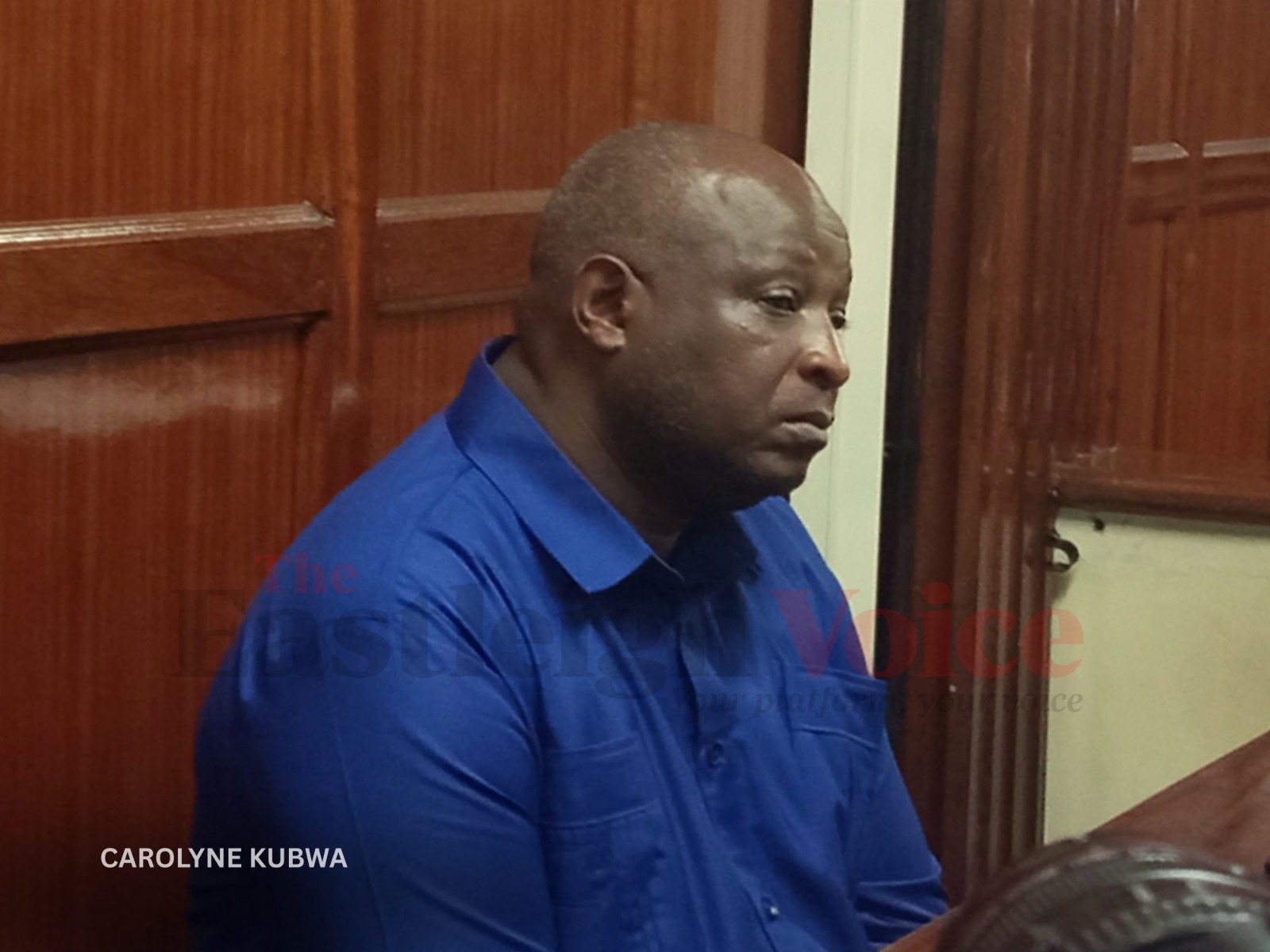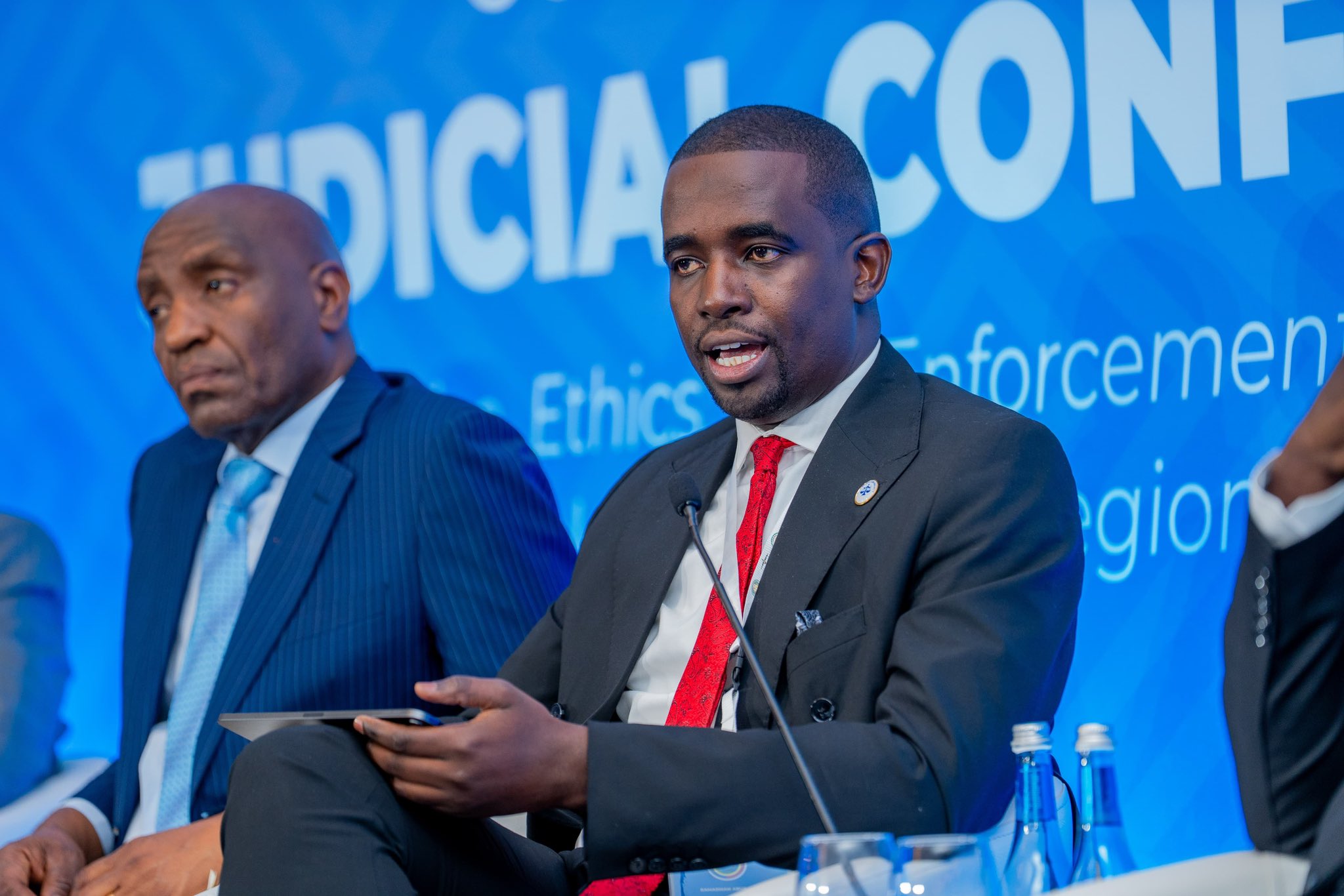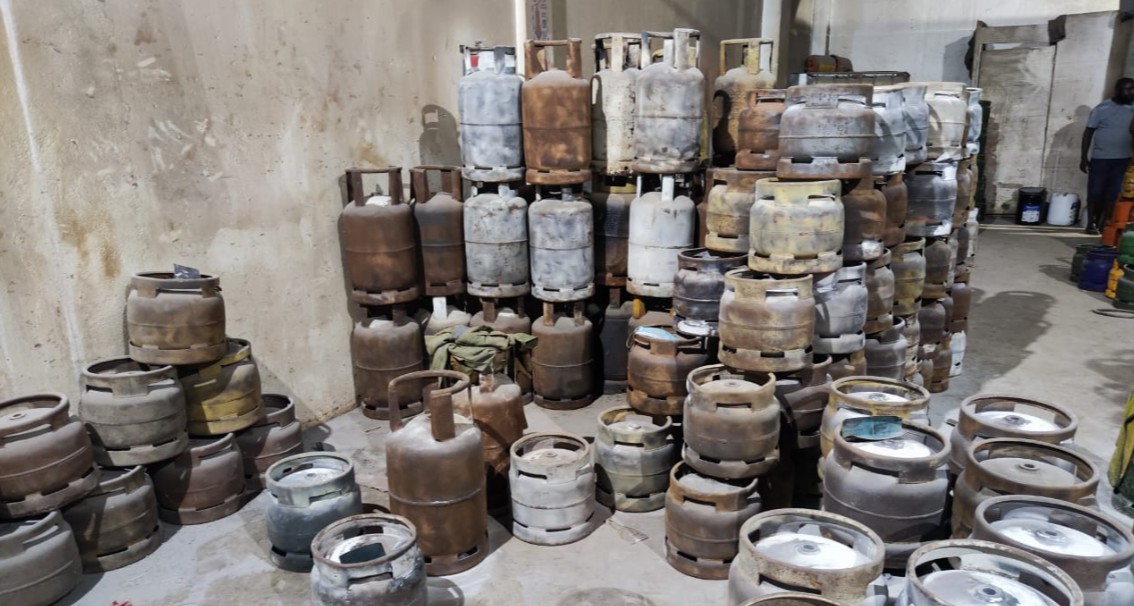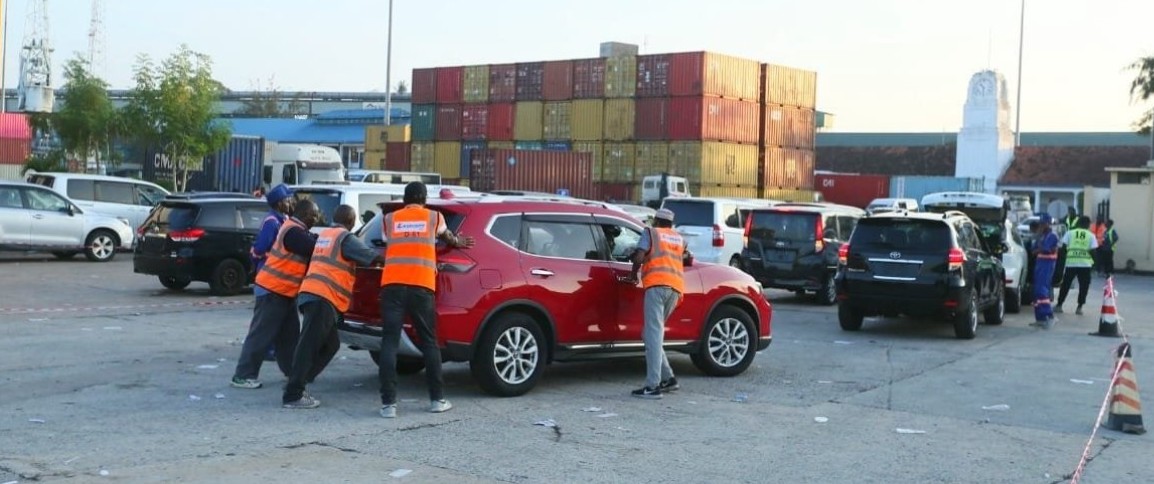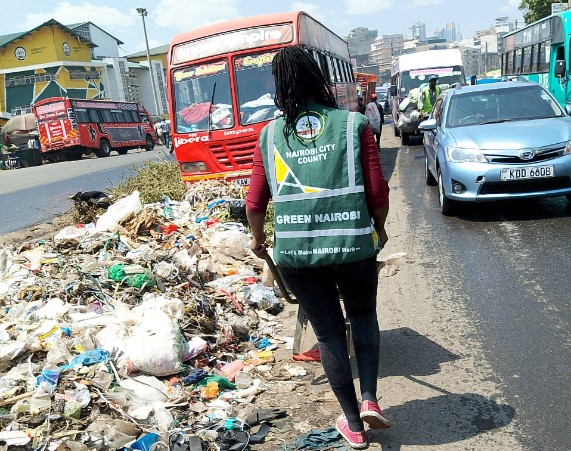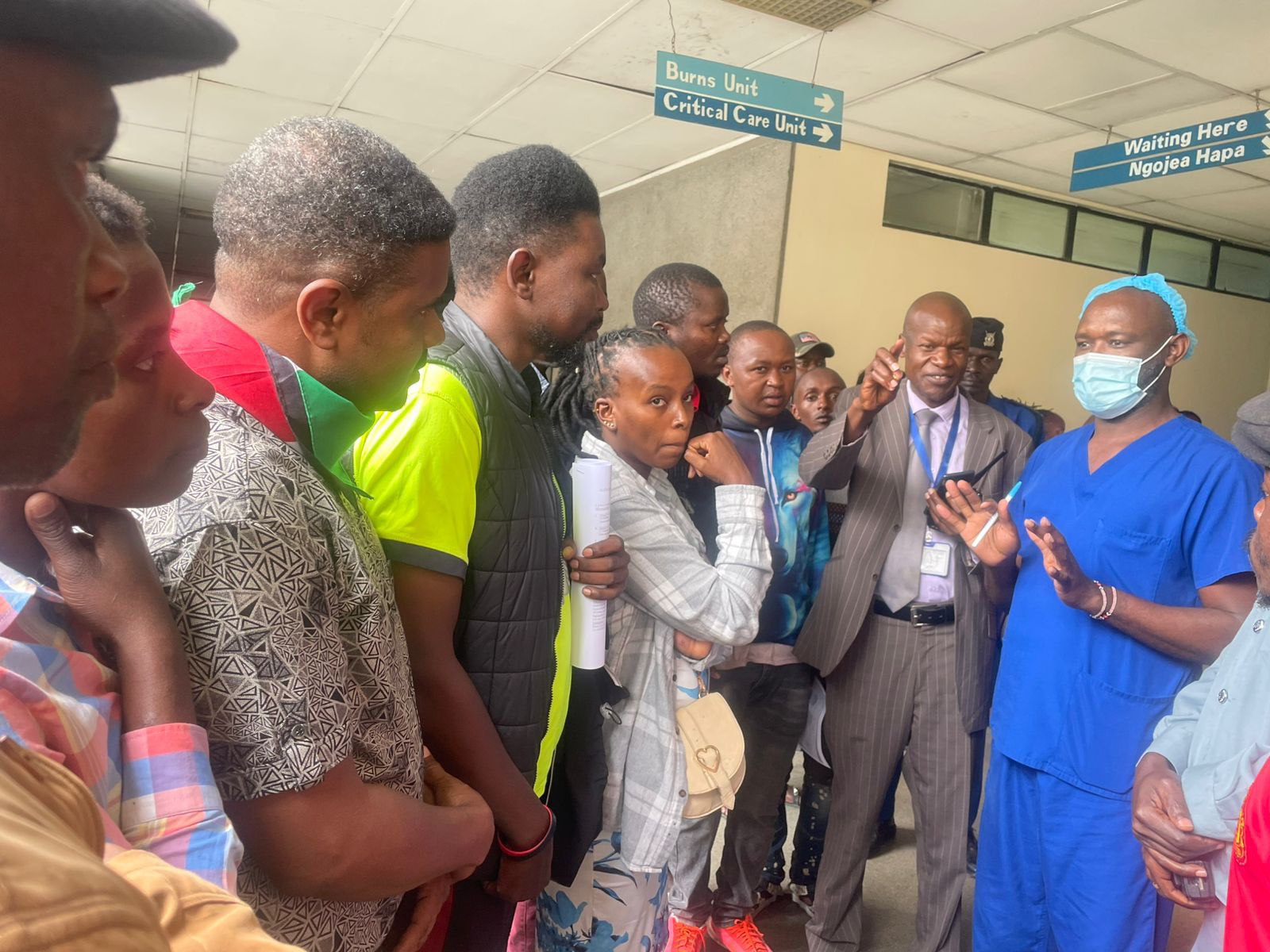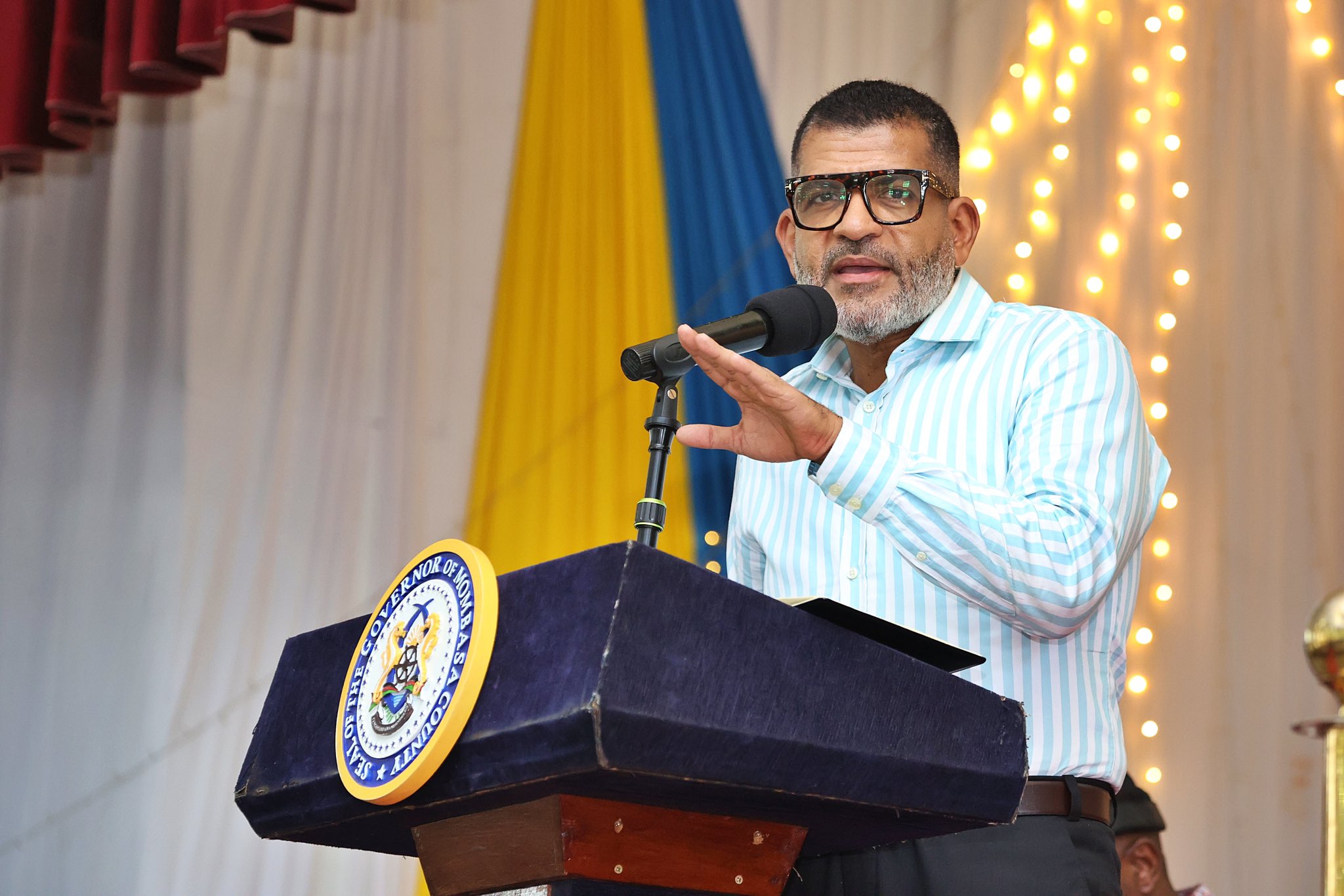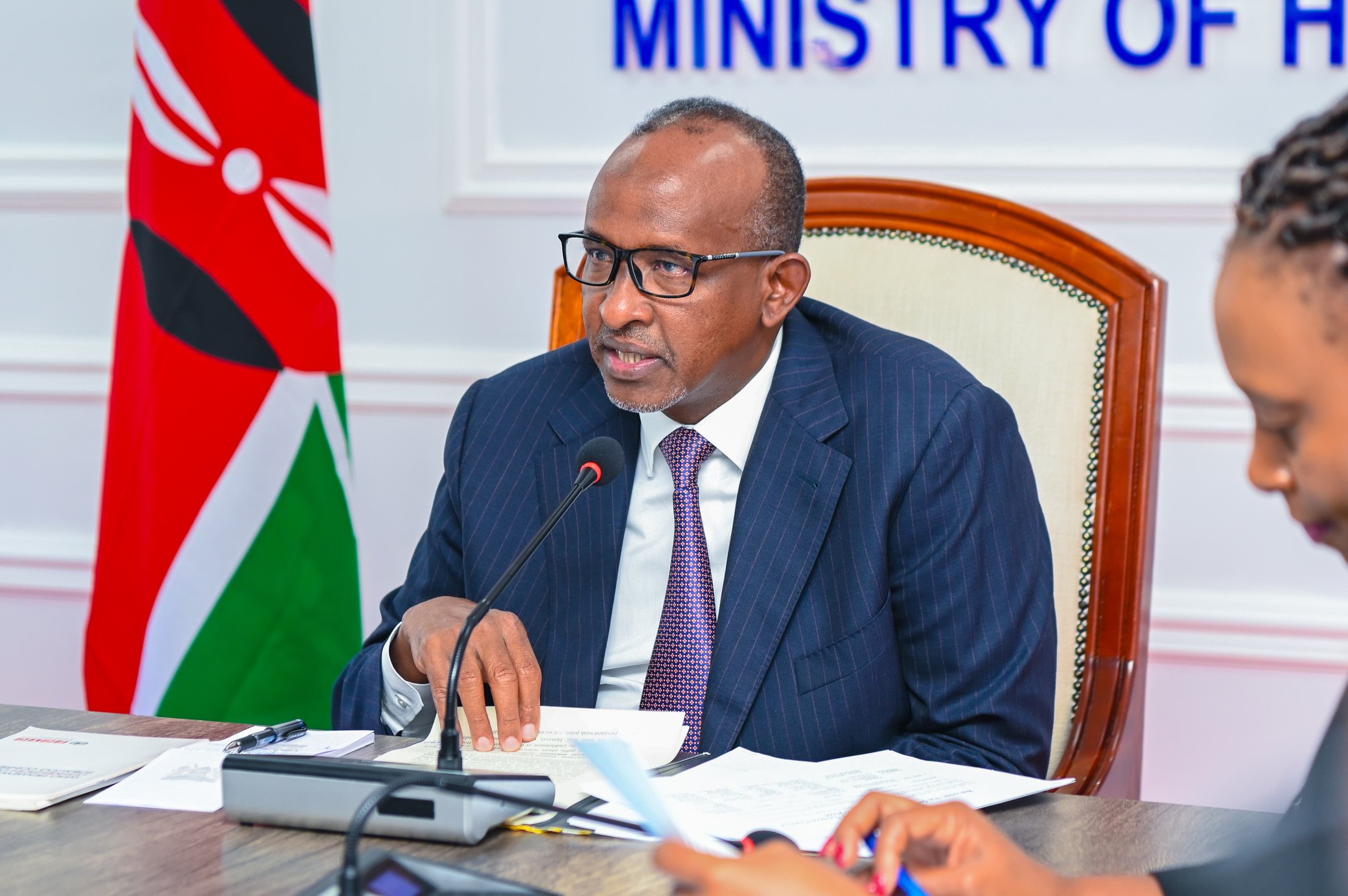Government halts Kenya Pipeline’s LPG project, awards it to Nigerian firm
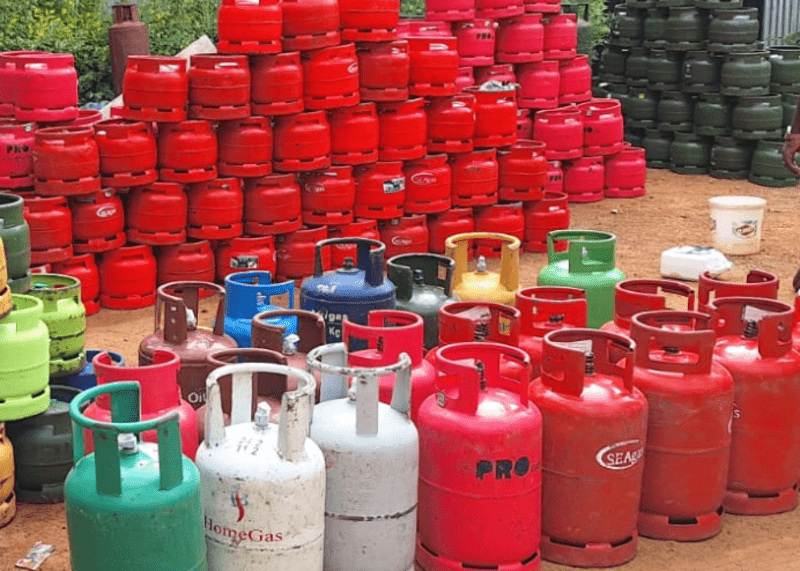
KPC had planned to construct the LPG storage facility at KPRL’s Changamwe site, a move that was expected to lower cooking gas prices by enabling large-scale imports.
The Kenya Pipeline Company (KPC) has been left counting losses amounting to millions after the government halted its plan to develop a 30,000-metric-tonne liquefied petroleum gas (LPG) facility in Mombasa, aimed at making gas more affordable and accessible to consumers.
The project will now be undertaken by the private firm Asharami Synergy, leaving KPC to bear the costs of preparatory work already completed.
More To Read
- EPRA shuts down illegal gas refilling plant in Mombasa's Majengo in multi-agency raid
- Why investing in a quality gas burner matters and how to spot a fake
- Row over government's decision to lease strategic LPG handling facility to Nigerian firm
- Court rules Shem Ochuodho has a case to answer in Sh827m Kenya Pipeline fraud case
- EPRA raises LPG entry bar to 30,000 cylinders for dealers to curb cartels
- Kerosene use drops significantly as government promotes clean energy alternatives
Asharami Synergy, a subsidiary of Nigeria’s Sahara Group, had proposed to build a similar facility on land owned by Kenya Petroleum Refineries Ltd (KPRL), which was acquired by KPC last year. The project will be executed under a public-private partnership (PPP) model.
KPC had planned to construct the LPG storage facility at KPRL’s Changamwe site, a move that was expected to lower cooking gas prices by enabling large-scale imports.
However, KPRL has now announced that it will lease 23.19 acres of its land to Asharami Synergy on a 31-year lease. Asharami Synergy will develop, operate, and maintain the plant.
In a statement on Tuesday, KPRL confirmed that the government had opted for a private-sector-led initiative to establish common-user bulk LPG storage and handling facilities.
“KPRL competitively procured a private sector player to undertake the project, in compliance with the relevant legislation and circulars regarding the lease of public land,” the company said.
“KPRL hereby gives notice of the intention to lease parcels of land to the successful tenderer for the development, construction, operation, and maintenance of the facilities.”
The decision is a setback for KPC, which had already spent Sh192.64 million on preliminary work, including demand surveys, environmental and social impact assessments, front-end engineering designs, and project cost estimates.
KPC had envisioned the facility as a key step in reducing reliance on wood fuel and cutting down the cost of LPG.
However, KPC revealed that in the course of 2024, the Ministry of Energy and Petroleum, in conjunction with the Treasury, directed it to abandon the plan in favor of Asharami Synergy.
The issue surfaced during the Office of the Auditor General’s review of KPC’s financial results for the year ending June 2024. The Auditor General raised concerns about the Sh192.64 million expenditure and questioned whether KPC would be reimbursed for the funds spent on studies for a project it will no longer undertake.
Asharami Synergy is among the firms authorised to handle fuel imports under Kenya’s government-to-government procurement deal. It manages payments from local oil marketers on behalf of Saudi Aramco, Abu Dhabi National Oil, and Emirates National Oil, alongside Gulf Energy, One Petroleum, and Galana Oil.
The new deal highlights the government’s shift towards private investment in critical infrastructure, even as questions remain over the financial implications for KPC.
Top Stories Today
